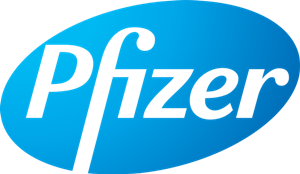Pfizer Inc. last week announced the positive results of two Phase III bococizumab clinical trials.
The SPIRE-HR
(High Risk) and SPIRE-FH (Familial Hypercholerterolemia) showed that the
bococizumab treatment reduced LDL-C significantly by the 12th week of the
study.
“These positive results add to the growing body of scientific evidence in support of bococizumab for lowering LDL-cholesterol in patients at high risk for cardiovascular events,” Pfizer Chief Development Officer of Global Product Development, Cardiovascular & Metabolic Disease, Dr. James M. Rusnak said. “The high burden of cardiovascular disease suggests that more treatment options are needed to help lower cholesterol and reduce cardiovascular risk in these patients. Our goal with the extensive SPIRE clinical program is to evaluate whether bococizumab not only reduces cholesterol, but also reduces the risk of cardiovascular events in a broad range of high-risk patients, including those without a history of heart disease.”
Bococizumab is a proprotein convertase subtilisin kexin type 9 inhibitor (PCSK9i). It blocks the PCSK9 protein's functions. With the PCSK9 protein blocked, it is easier for the body to clear LDL-C and lower the amount of "bad" cholesterol in the blood.
The patients in the year-long studies were at high risk of cardiovascular events. They were already at the maximum dosage of a statin medication. The HR patients suffer from a variety of medical conditions, including coronary heart disease, diabetes and kidney disease. The participants in the FH study have a genetic condition that causes high LDL-C. It begins at birth and is difficult to treat.









 Alerts Sign-up
Alerts Sign-up